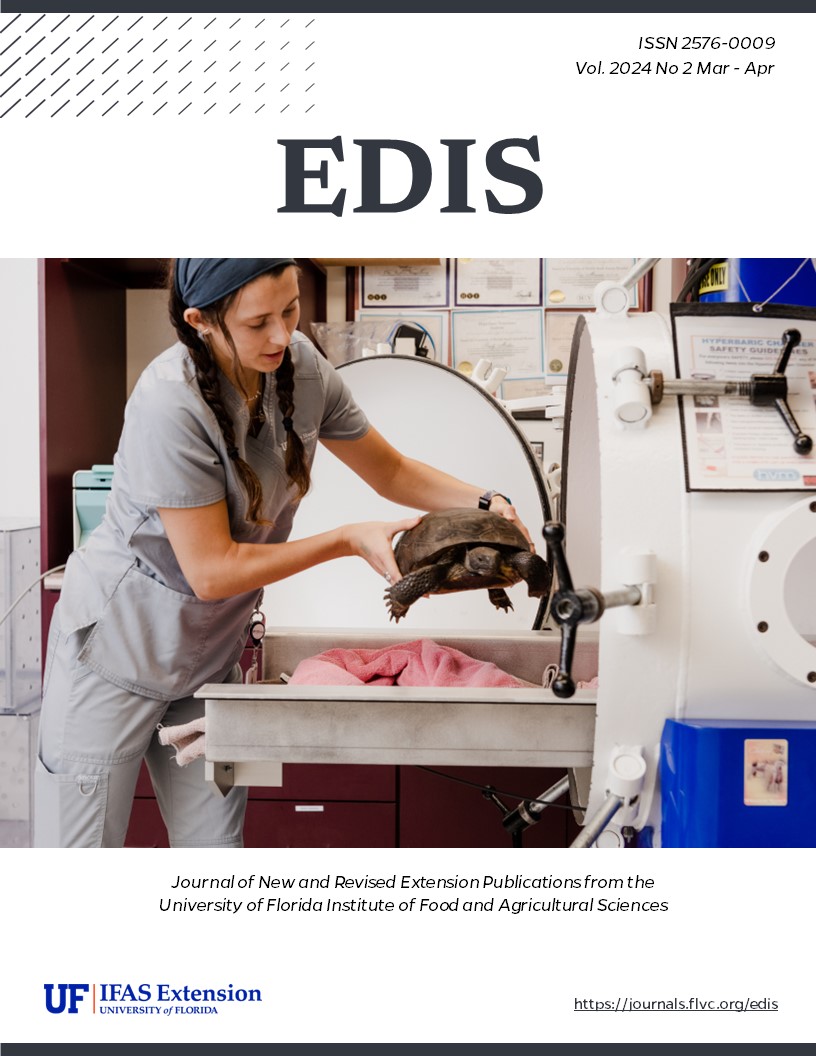Abstract
In the Floridan Aquifer region, agricultural producers (farmers and ranchers) and environmentalists are essential water stakeholders, yet they are often perceived to be in conflict over water management. This perceived conflict could be a major impediment to future water policy action. Recent research examined whether there are areas of agreement that could unite producers and environmentalists in support of mutually beneficial water management strategies. A 2017–2018 study found substantial similarities of water priorities between producers and environmentalists despite some areas of disagreement. Capitalizing on shared interests could provide water communicators with a strong basis for developing partnerships and addressing areas of dispute.
References
Agri-Pulse. (2016, January 31). New poll sheds light on how farmers, ranchers will vote for president. Agri-Pulse Communications. https://www.agri-pulse.com/articles/6513-new-poll-sheds-light-on-how-farmers-ranchers-will-votefor-president
Brasher, P. (2020, March 25). New Agri-Pulse poll: Enthusiasm for Trump grew despite farm economic woes. Agri-Pulse Communications. https://www.agri-pulse.com/articles/13348-agri-pulse-poll-producers-enthusiasm-fortrump-has-risen-despite-farm-economy-worry
Hundemer, S., & Monroe, M. C. (2021). A co-orientation of producers’ and environmentalists’ mental models of water issues: Opportunities for improved communication and collaboration. Environmental Communication, 15(3), 320–338. https://doi.org/10.1080/17524032.2020.1828128
Paolisso, M., & Maloney, R. S. (2000). Recognizing farmer environmentalism: Nutrient runoff and toxic dinoflagellate blooms in the Chesapeake Bay Region. Human Organization, 59(2), 209–221. https://doi.org/10.17730/humo.59.2.g7627r437p745710
Pew Research Center. (2017). Political typology reveals deep fissures on the right and left (p. 110). https://www.pewresearch.org/politics/wp-content/uploads/sites/4/2018/09/10-24-2017-Typology-release.pdf
Ratner, B. D., Meinzen-Dick, R., May, C., & Haglund, E. (2013). Resource conflict, collective action, and resilience: An analytical framework. International Journal of the Commons, 7(1), 183–208. https://doi.org/10.18352/ijc.276
Traoré, N., Landry, R., & Amara, N. (1998). On-farm adoption of conservation practices: The role of farm and farmer characteristics, perceptions, and health hazards. Land Economics, 74(1), 114–127. JSTOR. https://doi.org/10.2307/3147217

This work is licensed under a Creative Commons Attribution-NonCommercial-NoDerivatives 4.0 International License.
Copyright (c) 2024 UF/IFAS

